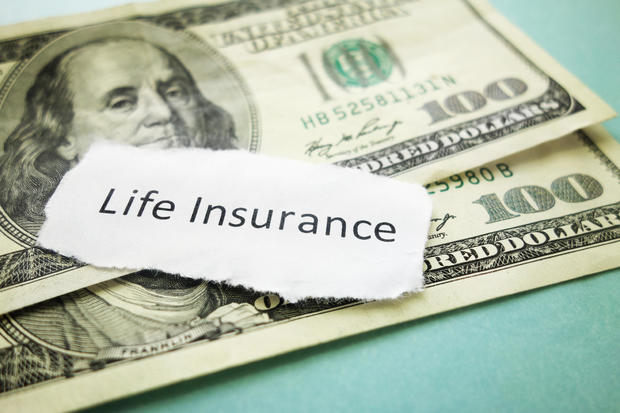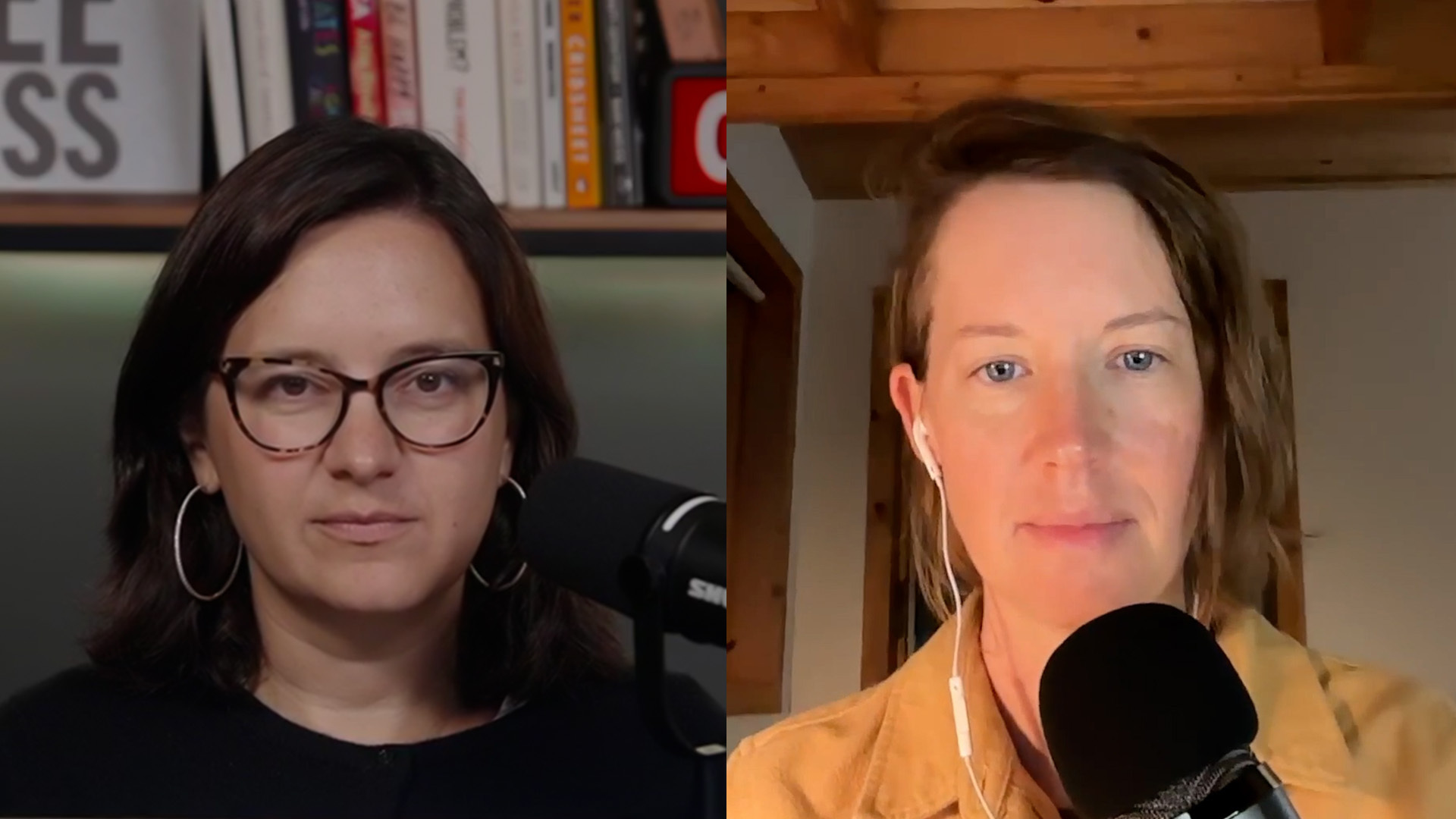How to use life insurance to pay off debt
A life insurance policy protects your dependents in the event of your death. It does this by paying out a predetermined sum, which is intended to replace the income of the policyholder.
If you have whole or universal life insurance coverage, your policy comes with a cash value that you pay over time. You can then withdraw that cash and use it for a variety of reasons, including paying off debt.
If you're in the market for life insurance or want to switch the type you have to include a cash option, now is a good time to act. You can get a quote right now.
Here's how to use your plan to help pay down debt.
How to use life insurance to pay off debt
Using your life insurance policy to pay off debt could save you hundreds or even thousands in total interest. This only applies to policies that accrue a cash value, like whole or universal life insurance. Consumers with term life coverage do not accrue a cash value and can therefore not withdraw any money from their policy.
If you have whole life insurance, however, taking money through your provider may be simpler than going to a bank or credit union. That's because there's no credit check to get the funds. And you'll have more generous repayment terms. Just note that anything you wind up owing will eventually be taken from the death benefit.
You also may owe taxes on the withdrawn amount depending on how much you withdraw. For example, if your cash value generated dividends, you may owe taxes if you withdraw those dividend payments from your policy. You can typically withdraw money up the amount you've already paid toward your premium without having to pay taxes.
Talk to your life insurance agent to accurately determine if you'll owe taxes on the cash value amount.
Pros of using life insurance to pay off debt
- You may be able to pay less total interest by paying the debt sooner
- You can reduce your debt-to-income ratio
- You can free up more money for saving and investing
- You don't have to pay it back
Cons of using life insurance to pay off debt
- By deducting some of the cash value you will wind up reducing the death benefit later on
- You could end up paying surrender fees (a fee for withdrawing money during a set period of time, usually in the immediate years after opening a new account)
Do you think you would benefit from an insurance policy with a cash-out option? There are multiple providers who can help find a plan that's right for you.
Other debt relief alternatives
Not sure you want to use the cash value of your life insurance? Here are some other debt relief alternatives.
Debt consolidation loan
A debt consolidation loan is a personal loan that can help you pay off debts. You may also be able to pay off multiple loans with a debt consolidation loan, so you are only responsible for one payment.
Debt consolidation loan interest rates vary depending on your credit score, income and total loan amount. Typical interest rates for debt consolidation loans range from 6% to 20%.
Terms for personal loans range from two to seven years. Longer terms have higher interest rates and lower monthly payments, while shorter terms have lower interest rates and higher monthly payments. Choose the term with the monthly payment you can easily afford.
Balance transfer credit card
If you have credit card debt, you can open a balance transfer card with 0% APR and transfer your current balance to that card. Card companies will offer 0% APR for a limited amount of time, usually between six and 21 months.
If you can repay the balance before that offer expires, you could save hundreds in total interest. Once the offer expires, the interest rate will switch to a higher rate, depending on your credit score and other factors. Most cards charge a balance transfer fee, usually around 3%.
Refinancing loans
Refinancing existing loans to a lower interest rate can help you save money. If you have a loan with a high interest rate, refinancing it could help you lower the monthly payments and reduce the interest you would pay over the life of the loan. The refinance rate environment has changed in recent months but you could still potentially benefit from refinancing your mortgage or student loan.
The bottom line
If you do end up using your accrued cash value to pay off debt, make sure that you consider how it will affect your family's life insurance needs. If you are retired and no one is relying on your income, then you likely do not need to buy a policy because you are self-insured.
But if you're still working, have a family and have existing mortgage payments, you should figure out how much coverage you need and how to supplement it if your cash value is depleted or reduced. You could purchase a term life policy to still have life insurance coverage while paying a lower monthly premium.
It helps to speak to an insurance expert who can help guide you toward a plan that works for you and your financial goals.




